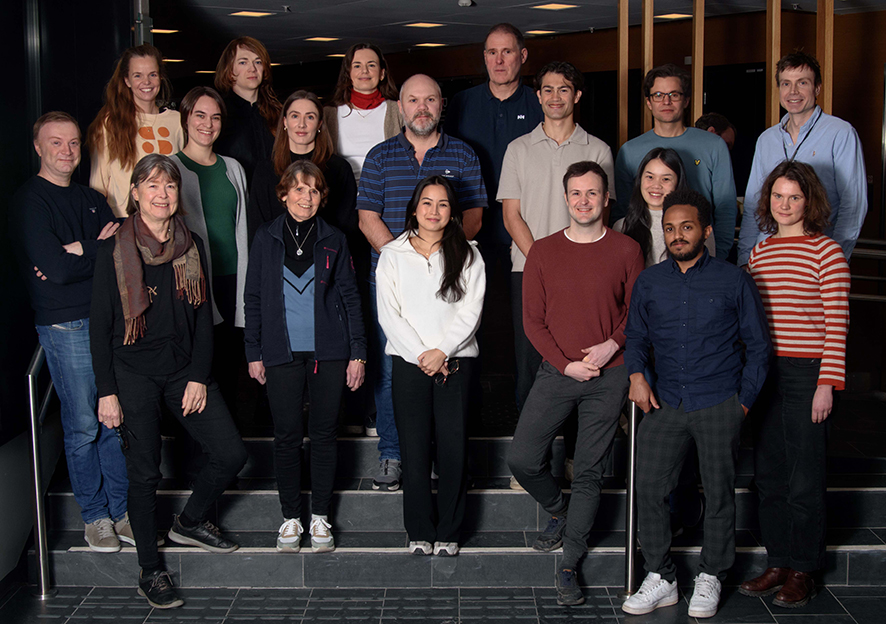About the laboratory
The Immunobiological Laboratory produces monoclonal antibodies and reporter cell lines, and work with experimental models for autoimmune diseases, infection and bone marrow transplantation.
In particular, the laboratory has a long tradition for natural killer (NK) cell studies, and represents an expertise on receptors triggering and inhibiting the NK-cell killer response.
Research on T cells, B cells, dendritic cells, macrophages, neutrophils and osteoclasts in the context of autoimmune and inflammatory disease is also an important focus for the laboratory.
Our facilities are specialized for immune cell work with sterile cell incubation facilities, flow cytometry, functional immune cell assays and other standard molecular methods.
